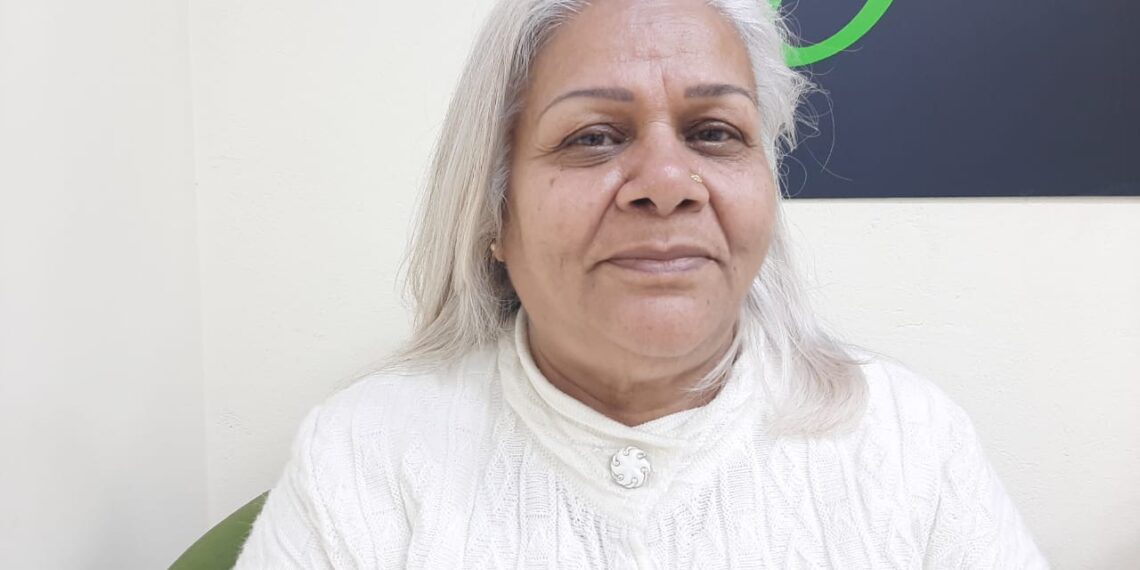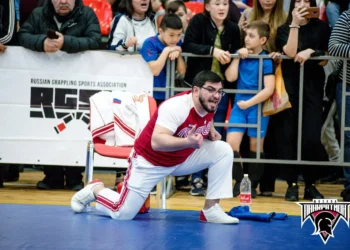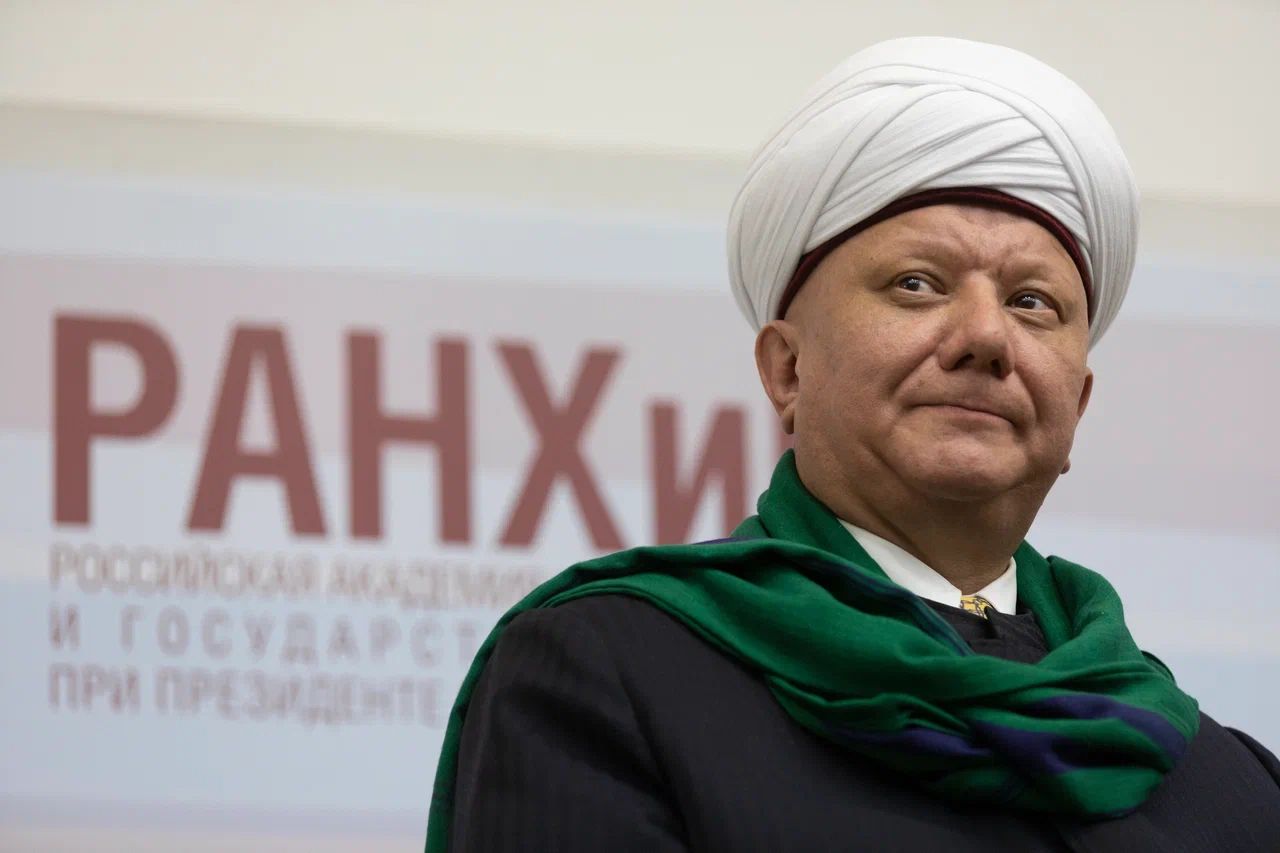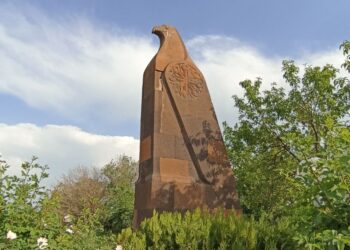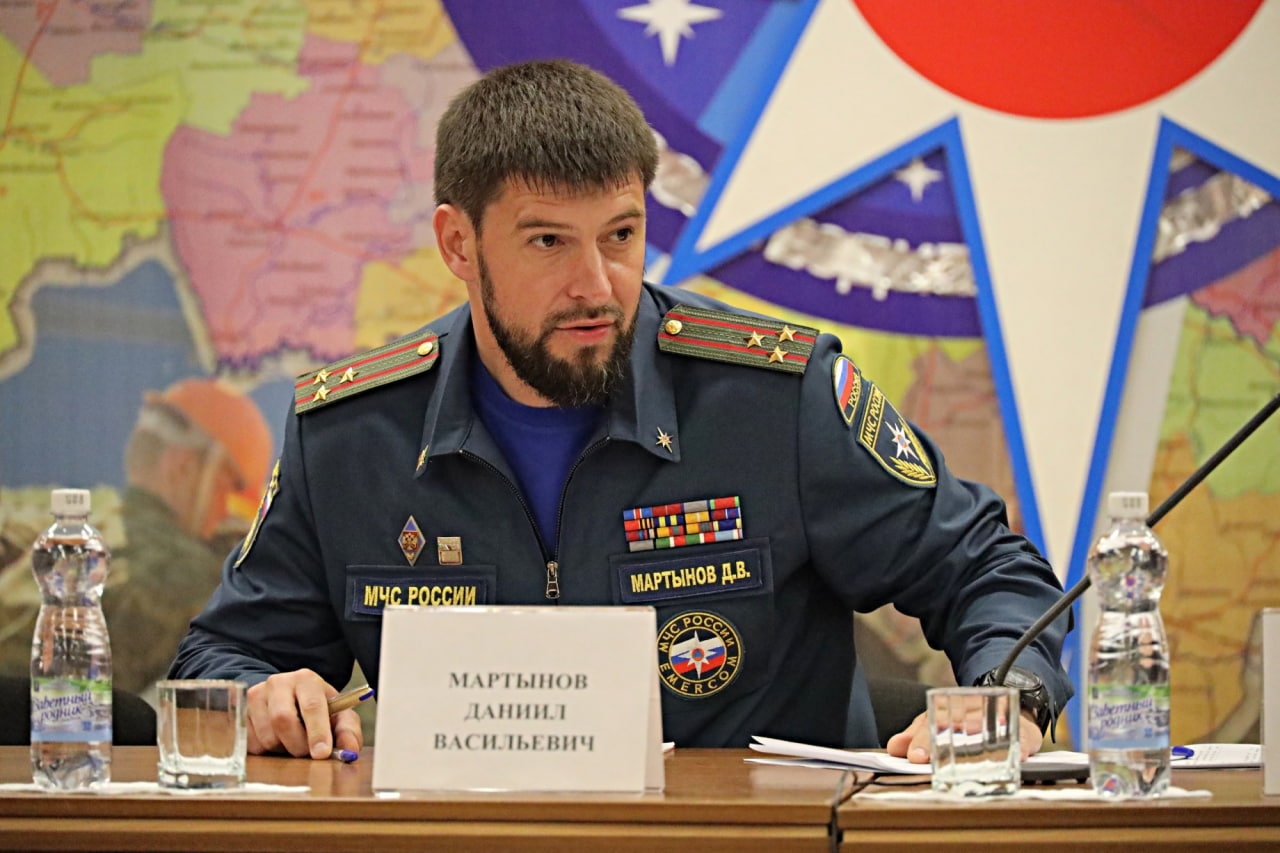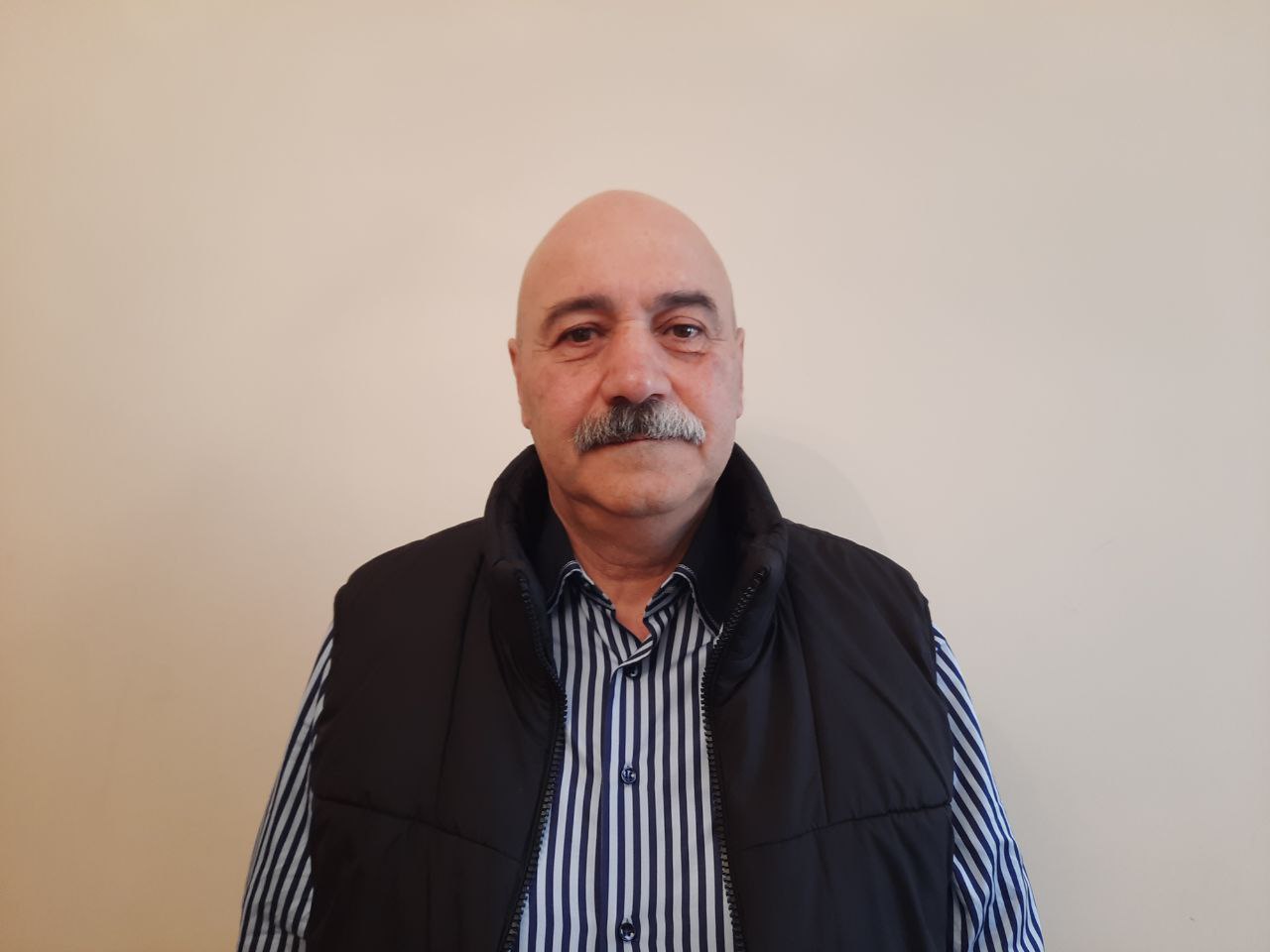YEREVAN (Realist English). Arora Santosh Kumari, the author of a Hindi textbook in Armenian and a 4-language dictionary, Candidate of Sciences (Philology), answered these and other questions of The Realist News Agency.
Tell your life story. How did you end up in Armenia?
Santosh Arora: I won the competition and got the opportunity to study in the Soviet Union. The competition was organized by the Committee of Soviet Women. It was 1974. I came to the Soviet Union, studied for a year at a preparatory course in Voronezh, and after that we were sent to Leningrad. There I graduated from the University, a master’s degree, and then a postgraduate course. I stayed there until 1987, got married, had two children and moved to Armenia.
You claim that Armenians and Indians are one people. What are such conclusions based on?
Santosh Aurora: Yes, I think so. Maybe this is a hypothesis, but everyone knows that at first there was a single continent on which there was the Garden of Eden. Simply because of natural disasters — earthquakes, tsunamis, people have lost their homes, territories. The continent was divided into separate parts. But initially everyone lived on the same land, on the same territory.
And as soon as the writing appeared, people began to write about all this. We have ancient manuscripts.
Living in India, I didn’t know about the existence of Armenia, I only knew that the Soviet Union was the country where there were no poor, where everyone had a job and a home. It became interesting because we had a lot of poor people in India, not everyone had shelter and food. Then, I married an Armenian, and I moved to Armenia. That’s how I got to know Armenia, I was very interested in it, I began to study the history of the Armenian people. I read a lot of literature and fell in love with this people, having realized that it is mine. Armenia, like India, has never attacked anyone, only defended herself. And because of my profession, I have analyzed a lot as far as the similarity of languages goes. There were a lot of things that motivated me to continue studying. There are lots of words of the same root, and I was happy with each new word as if it were my child. (Laughs)
We are not strangers. We are children of the same Father-God.
What is the dictionary that you have written?
Santosh Aurora: Not really a dictionary, it’s a list of the same-root words. I have written a Hindi textbook for the Armenian-speaking population. It has already been published. In addition, already a number of books are ready for publication, but there are problems with financing. I believe that the work should not stop, because every day you can find more and more evidence that we are one people.
I just came from India. Unfortunately, there is no Armenian community in Delhi, but there are some in other cities. So, in Agra I found a cemetery that was built by Armenians in the 16th century. I searched for a long time, but I couldn’t find anything in the archive, but then I discovered this cemetery via my friends, it is named Roman Catholic Cemetery.
But now we are witnessing a catastrophe, because there are more and more new graves in place of the old ones. Thus, information about the ancestors of the Armenians is being lost. And many people do not have the opportunity to come to the graves of their relatives. In addition to the cemetery there is a Mathur (chapel). The same is true in the city of Calcutta, where Mesrop Seth, who wrote the book “Armenians in India” in English, is buried. Locals live nearby and absolutely do not take care of the territory, they throw garbage at the cemetery. It hurts me to look at it. This is a monument, it must be preserved.
What has to be done to develop Armenian-Indian relations?
Santosh Arora: In my opinion, relationships are better built when young people understand each other. Culture, sports, education. There are a large number of students from India in Armenia. They study at medical universities. My wish is that they study the Armenian language and history. This will lead to the fact that people, knowing the language and culture, will feel each other better, then they will understand and cooperate. I think that Indians should definitely study at Armenian universities.
Tourism in both countries needs to be developed. To this end, communications have to be simplified. A direct flight from Delhi to Yerevan is just necessary. All this needs to be dealt with in detail. I’m talking in general terms now. In addition, it is necessary to adopt the expertise of the Indian people in the field of agriculture, cattle breeding, to bring specialists to Armenia and vice versa. The exchange of expertise is very important. The Armenian Diaspora is huge, but the Indian one is even bigger. If they unite, if they cooperate, if their goals become the same, then we will become very strong allies. If the Diaspora issue is resolved, then all the previous issues that I have voiced will be automatically resolved. This is very important to me.
I have been working since 1975 and I am still working, and, unfortunately, there is no literature in Armenian, there are no translations. I am doing this, but we have few Armenian students at the Faculty of Indology, because there is no future for this specialty. If jobs are created for them, then many will come to study. I need to print books, I have a lot of projects, I just need funding for printing. I’m asking anything for my work. I am ready to do my best for both the countries, as long as books are printed. Both Armenia and India need it. Both the countries should contribute. I am grateful to the Indian Government for supporting the publication of the Hindi textbook. Students need manuals, dictionaries, textbooks, anthologies. This requires good translators. Someone asked me once: what should we do to increase the number of Armenians? I answered: “In all countries, teach the Armenian language and the history of the Armenian people for free.”
What is Armenia for you? And what is her mission?
Santosh Arora: I will say this: I do not feel that I am not an Armenian, I am a part of Armenia. I sincerely love the Armenian people, I want to see them happy and smiling. I’ve traveled a tough road myself I myself, found myself with the children on the street, saw different people, but I did not stop loving this country and people, no matter what they did. And this love for Armenia came with the study of the history. I have a special love for Armenian women, I admire them, I have learned a lot from them.
I am sure that if Armenia unites with such a large country as India and acts together, then, having gained Vedic wisdom, she will follow the path of nature: the thoughts, the words and the actions will change. We need to finally understand that we have one Father, one God, and we are His children. It is necessary to accept and show the qualities that came from Him — peace, love, compassion, the desire for knowledge, joy. If we feed on His energy and act positively, then we will succeed. I have no doubt whatsoever.


